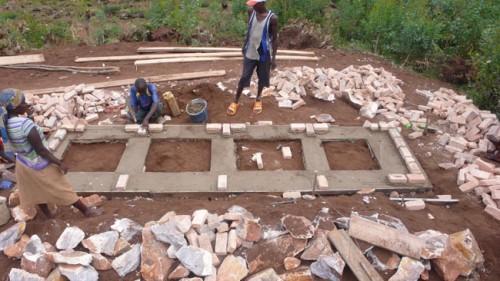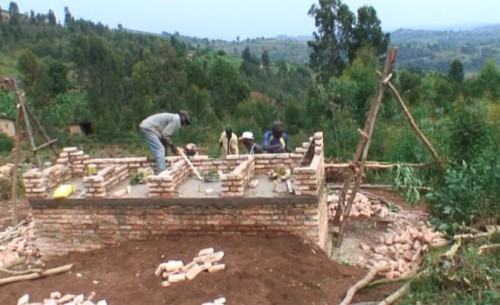Kenya-based video journalist Ruud Elmendorp recently produced this short trailer (on behalf of Waste.NL) on a young woman that refuses to marry her boyfriend – until his family builds a proper toilet:
The story is about a boy who is in love with the daughter of a school teacher. Much to the dismay of his father, she refuses because she finds their toilet unusable and refused to have to go to the bush for defecation.
The women’s group has filed a number of complaints due to poor sanitation and present this to the village chief, incidentally the uncle of the boy. He is quite amazed by this and decides to call the government sanitation adviser.
After an animated session with the villagers and the chief, many decide to go for suitable toilets. The film ends happily with the girl accepting the marriage proposal as the sanitation issues have been solved.
Ruud regularly produces interesting video material from East Africa that we have also featured on AfriGadget, btw.


